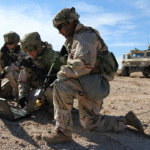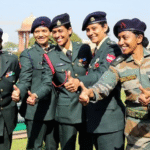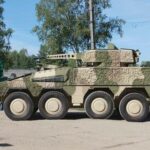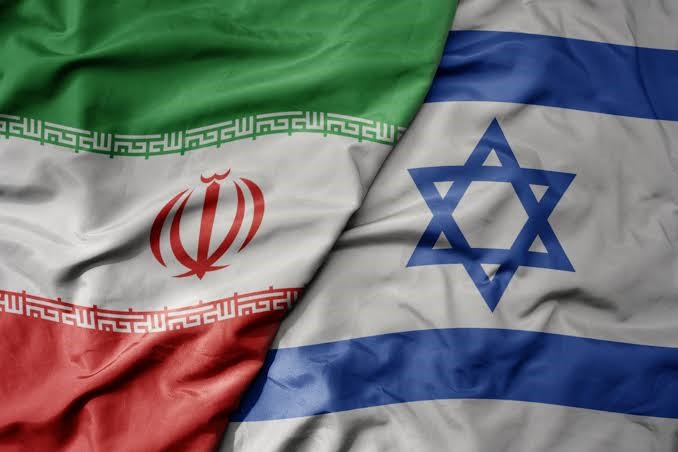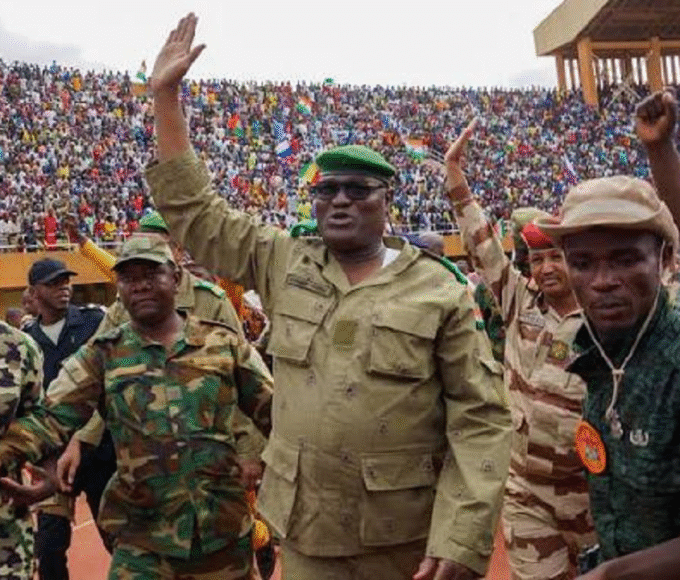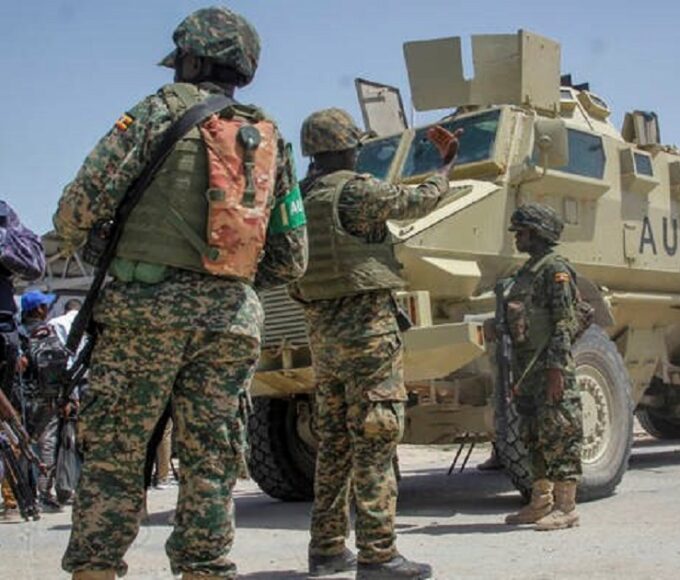THE ROLE OF TRADITIONAL RULERS IN SECURITY DIPLOMACY
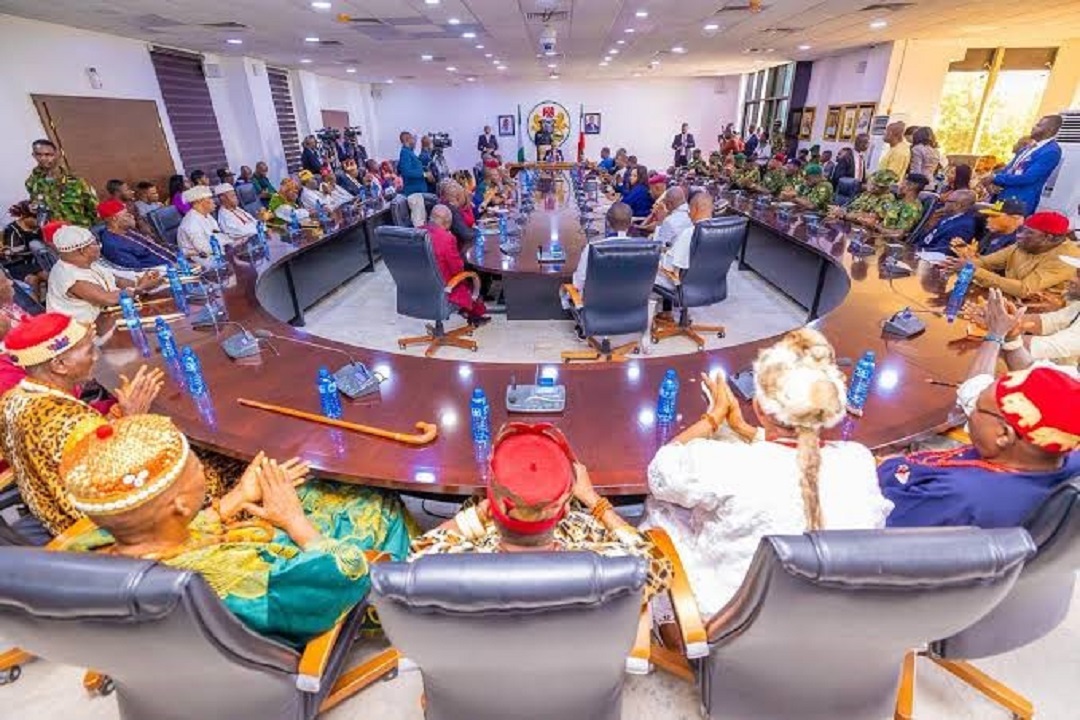
Africa treasures its traditional institutions Traditional rulers, kings, emirs, chiefs, and paramount leaders. They continue to wield an authority that elected officials often struggle to match. Rooted in ancestry, culture, and spirituality, their legitimacy is organic and enduring. In northern Nigeria, the Sultan of Sokoto commands moral influence across millions, often shaping public behaviour more effectively than federal decrees. In Ghana, the Asantehene settles disputes that might otherwise choke the formal court system. These figures, grounded in communal identity and historical continuity, have become indispensable intermediaries in Africa’s evolving landscape of security diplomacy.
Diplomacy, particularly in fragile regions, depends on dialogue as much as deterrence. Traditional rulers understand this dynamic instinctively. They speak the languages literal and cultural of their people, giving them unique access to communities that might distrust state officials or security forces. In Kenya’s Rift Valley, for example, elders from the Kalenjin and Kikuyu communities have mediated cattle-rustling ceasefires under the guidance of local chiefs, achieving results where military patrols had failed. Such efforts reframe security not as an external imposition but as a communal responsibility, reducing cycles of violence and allowing national security agencies to focus on wider, transnational threats.
Related Article: THE ROLE OF TRADITIONAL RULERS IN SECURITY DIPLOMACY
Traditional institutions also play a crucial role in early warning and conflict prevention. In Burkina Faso, the Mogho Naaba of the Mossi convenes weekly public audiences where farmers, herders, and traders air grievances over land and water. These sessions serve as an informal intelligence network, alerting provincial authorities to tensions before they spiral into violence. In some cases, such local vigilance has curtailed jihadist recruitment in vulnerable communities. Unlike formal intelligence services, traditional rulers operate through human connections networks of trust woven into everyday life making them a vital part of any effective early-warning system.
Security threats in Africa rarely stop at national borders. Ethnic and cultural affiliations often transcend colonial boundaries, creating both challenges and opportunities for traditional diplomacy. Along the Nigeria–Cameroon frontier, the Shehu of Borno and the Lamido of Adamawa have worked together to convene cross-border peace councils among Kanuri communities, facilitating the safe return of displaced persons and improving intelligence sharing against Boko Haram. These initiatives complement regional security mechanisms such as ECOWAS and the Lake Chad Basin Commission, proving that traditional leaders can operationalize regional frameworks at the grassroots level in ways that formal institutions cannot.
Yet, the influence of traditional rulers comes with vulnerabilities. Governments sometimes co-opt them to legitimize unpopular policies, compromising their neutrality and eroding community trust. In Uganda, for instance, cultural leaders have faced criticism for perceived political alliances that dilute their credibility as mediators. Meanwhile, younger generations particularly in cities—often view monarchies and chieftaincies as outdated relics, questioning their relevance in modern governance.
To remain effective actors in peace and security, traditional rulers must demonstrate accountability, transparency, and engagement with youth constituencies who increasingly shape Africa’s political future.
Legal and constitutional ambiguity further complicates their role. Most African constitutions acknowledge traditional leadership in symbolic terms but stop short of defining security responsibilities. South Africa’s Traditional Leadership and Governance Framework Act of 2003, for example, recognizes chiefs in rural administration yet withholds formal security mandates. Such gaps can discourage cooperation between local rulers and law enforcement agencies. Ghana offers a contrasting example: by integrating its National House of Chiefs into formal peace councils, it has institutionalized traditional input into national security policy. Rather than weakening state authority, such codification has strengthened it, ensuring that traditional and modern governance systems complement rather than compete with each other.
Perhaps nowhere is this synergy clearer than in northeastern Nigeria’s fight against Boko Haram. Since 2015, Borno State has integrated district heads and emirs into deradicalization and reintegration programs. These leaders identify vulnerable youth, supervise rehabilitation efforts, and monitor reintegration through community vigilance groups. According to a 2024 report by the Institute for Security Studies, districts with active traditional mediation recorded a 40 percent drop in Boko Haram recruitment compared with those without. This blend of cultural authority and counterterrorism strategy underscores that peace cannot be imposed solely through military might it must also be negotiated through trust.
Traditional rulers have survived centuries of political upheaval because they embody something modern institutions often lack: proximity to the people and moral legitimacy born of continuity. Harnessing that legitimacy for security diplomacy offers a path toward peace that is not only negotiated but lived—rooted in culture, reinforced by trust, and sustained by communities themselves.
King Richard Igimoh, Group Editor ALO
King Richard Igimoh, Group Editor African Leadership Organisation is an award-winning journalist, editor, and publisher with over two decades of expertise in political, defence, and international affairs reporting. As Group Editor of the African Leadership Organisation—publishers of African Leadership Magazine, African Defence & Security Magazine, and Africa Projects Magazine—he delivers incisive coverage that amplifies Africa’s voice in global security, policy, and leadership discourse. He provides frontline editorial coverage of high-profile international events, including the ALM Persons of the Year, the African Summit, and the African Business and Leadership Awards (ABLA) in London, as well as the International Forum for African and Caribbean Leadership (IFAL) in New York City during the United Nations General Assembly.
Recent Posts
Categories
- Air & Aerospace16
- Border Security15
- Civil Security4
- Civil Wars4
- Crisis5
- Cyber Security8
- Defense19
- Diplomacy19
- Entrepreneurship1
- Events5
- Global Security Watch6
- Industry8
- Land & Army8
- Leadership & Training5
- Military Aviation5
- Military History27
- Military Speeches1
- More1
- Naval & Maritime9
- Resources2
- Security12
- Special Forces1
- Systems And Technology9
- Tech6
- Uncategorized3
- UNSC1
- Veterans6
- Women in Defence9
Related Articles
GLOBAL SECURITY WATCH: IRAN–ISRAEL TENSIONS AND STRATEGIC SIGNALS FOR AFRICA
The brief but intense Iran–Israel confrontation of June 2025 marked a turning...
ByKing Richard Igimoh, Group Editor ALOJanuary 7, 2026ECOWAS MILITARY INTERVENTION IN NIGER: A TURNING POINT?
The coup d’état in Niger on July 26, 2023, marked a seismic...
ByKing Richard Igimoh, Group Editor ALOOctober 7, 2025AFRICA’S PEACEKEEPING LEGACY: CONTRIBUTIONS AND SACRIFICES
Africa has long been at the heart of global peacekeeping efforts, carrying...
ByKing Richard Igimoh, Group Editor ALOSeptember 25, 2025



